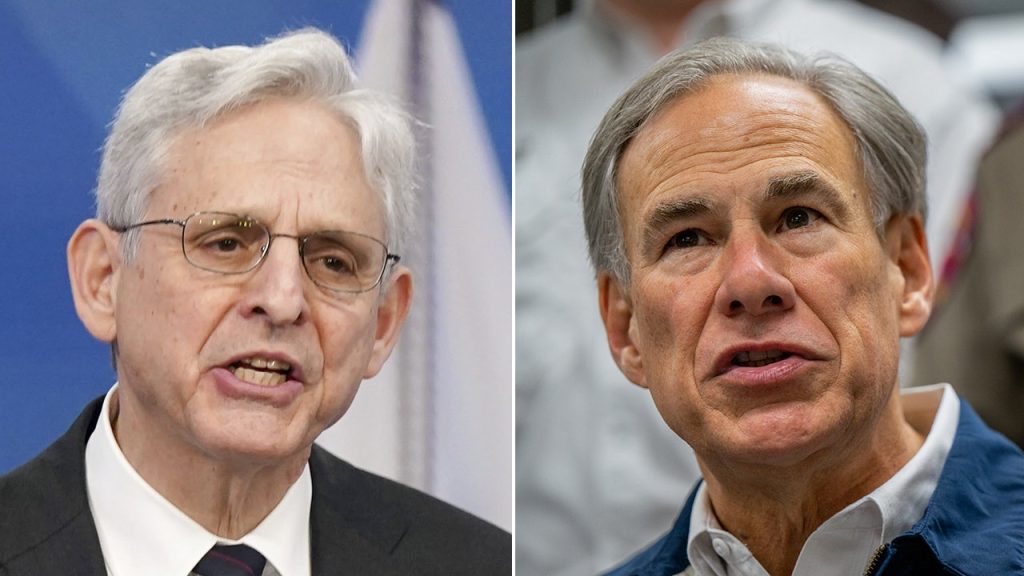Texas defended its anti-illegal immigration law, known as SB 4, in oral arguments before a federal appeals court panel while the law remains on hold due to a legal challenge from the Biden administration. The law, signed by Gov. Greg Abbott in December, allows local police to arrest illegal immigrants and for judges to order them deported. The Biden administration has argued that the law is unconstitutional, hurts international relations, and impedes the federal government’s enforcement of immigration law. The Department of Justice stated that Texas’ efforts through SB 4 intrude on the federal government’s exclusive authority to regulate the entry and removal of noncitizens and have interfered with U.S. immigration operations and proceedings.
Texas has defended the law by citing the ongoing crisis at the border, which they claim is unprecedented, with millions of people crossing the border, including hundreds of thousands of unaccompanied minors from all countries. Solicitor General Aaron Nielson argued that Texas has offered additional resources and assistance to address the border crisis, requesting the federal government to allow them to protect the border. The DOJ has maintained that enforcing federal immigration law is the federal government’s responsibility, and representatives from the ACLU predicting more than 80,000 arrests a year if the law went into effect.
The Biden administration has cited a 2012 Supreme Court ruling that invalidated parts of an Arizona law due to conflicts with federal authority. However, during the recent hearing, at least one judge appeared skeptical about the court’s ability to block the entirety of the Texas law. The law was previously blocked from going into effect by the court, briefly allowed by the U.S. Supreme Court, before being blocked once again by the Fifth Circuit following the legal challenge from the Biden administration. The Texas law is one of several similar measures being considered or passed by states like Louisiana, Iowa, and Tennessee.
The debate over the Texas anti-illegal immigration law raises questions about the balance of authority between state and federal governments in regulating immigration. The Biden administration’s challenge to the law highlights the ongoing tensions over immigration policy between state and federal authorities. Texas’ defense of the law underscores the state’s concerns about the impact of illegal immigration on its border security and resources. The legal battle over SB 4 showcases the complex and contentious issues surrounding immigration policy and enforcement in the United States.
The outcome of the legal challenge to the Texas anti-illegal immigration law could have significant implications for immigration enforcement and policy nationwide. The court’s decision on the law may set a precedent for the extent of state authority in regulating immigration and enforcing related laws. The ongoing debate over SB 4 reflects broader disagreements and conflicts between states and the federal government over immigration policy and enforcement. The Texas law case highlights the challenges and controversies surrounding immigration issues in the U.S. and the need for comprehensive, coordinated approaches to addressing these complex issues.
Overall, the legal battle over Texas’ anti-illegal immigration law reflects the broader debates and conflicts over immigration policy and enforcement in the United States. The case highlights the tensions and disagreements between state and federal authorities on regulating immigration and addressing related issues. The outcome of the legal challenge to SB 4 could have far-reaching implications for immigration enforcement and policy, setting a precedent for the scope of state authority in this area. As the debate continues, it underscores the need for comprehensive and coordinated approaches to addressing the complex and contentious issues surrounding immigration in the U.S.


